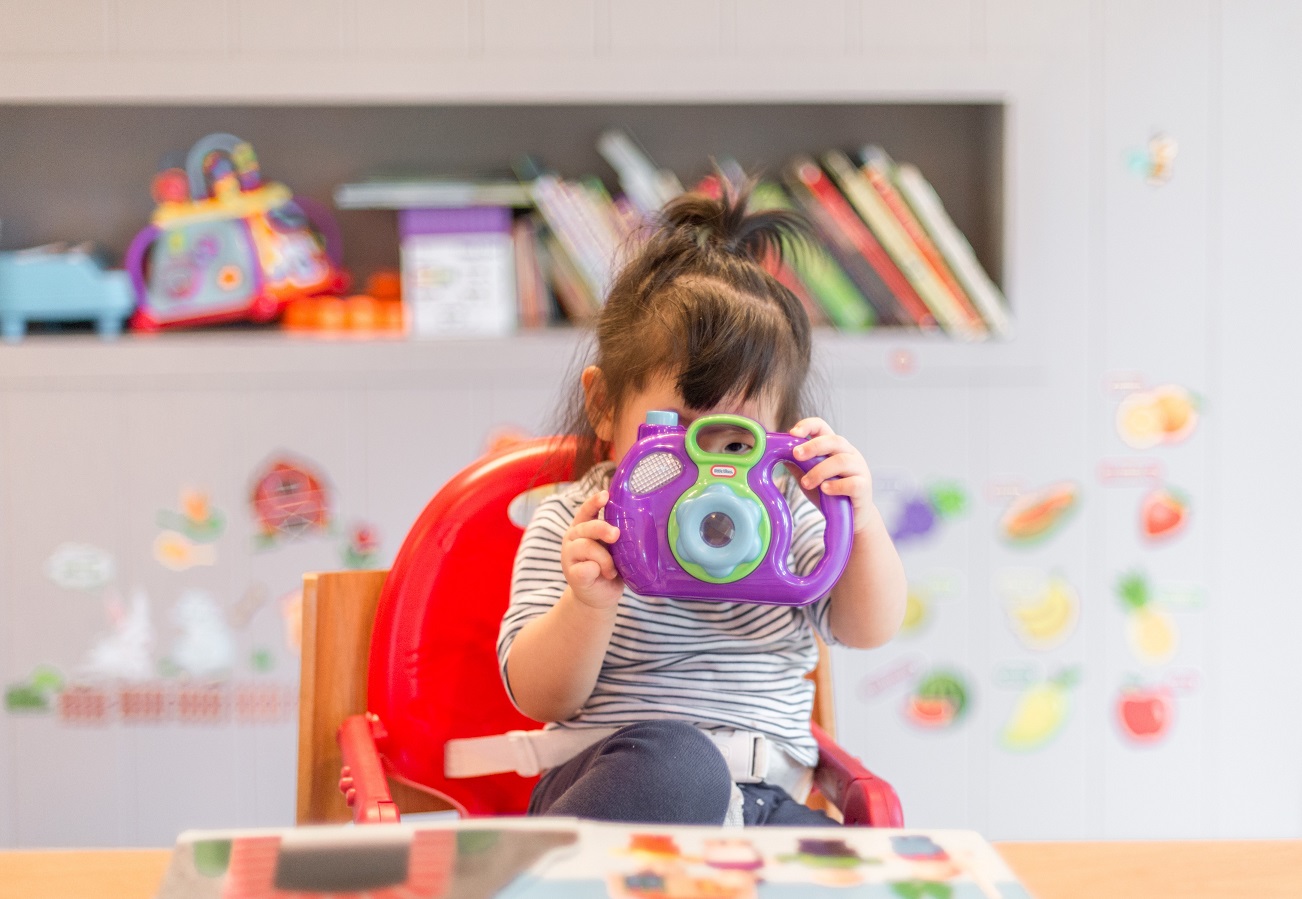What’s the best way to explain the divorce to my children without blaming either parent?
Morgan*
Dear Morgan,
I empathise with your situation. Divorce can be a difficult time for the entire family, and finding the right words to explain it to your children is no small feat.
The first thing to remember is that children are much more perceptive than we often give them credit for. While your instinct may be to shield them from the emotions, honesty (within reason) is important. However, being honest doesn’t mean burdening your children with adult problems or blaming either parent.
Now, how to actually go about it? Start by choosing a calm and familiar setting. If it’s possible (and safe) for both parents to be there, that can help and shows the kids you have a united front. This demonstrates that, even though the family dynamic is changing, both parents are still a team when it comes to parenting.
Next, consider their ages and what they can understand. Younger children may not grasp the concept fully, so simpler terms are more effective: “Mummy and Daddy are going to live in different houses, but we both love you very much.”
For some children a ‘parallel conversation’ can help where you talk to them side-by-side rather than face to face, as it can be less confronting.
It’s important to keep your own emotions in check when talking to your children about your separation. They need to know that both parents are going to be okay, and it’s not their job to look after you.
Research from the American Academy of Child & Adolescent Psychiatry tells us that kids often feel responsible for their parents’ divorce. Therefore, make sure to emphasise that the divorce is not their fault. It’s an issue between the adults, and they can’t fix it.
Also, encourage them to ask questions and express their feelings. Often, children don’t know how to express their emotions about such a complex issue with words. Providing an open space to talk will help them feel more secure and less anxious about the transition.
Finally, reassure them that the constants in their lives will remain — love from both parents, friendships, and routines will still be a part of their everyday lives. Research from the Journal of Clinical Child & Adolescent Psychology shows that maintaining routines can help reduce stress and anxiety for children experiencing divorce.
Remember, Morgan, you and your former partner are the most influential role models in your children’s lives. The way you handle this situation will teach them valuable life skills about dealing with change, hardship, and emotional intelligence. It’s common for children I meet with to tell me that they would love their parents to be back together – even if they know it’s not safe. It’s a bit like knowing someone you love has passed away, but still wishing they could be here, even if they were in pain before passing. Rest assured that is normal and children will be okay if their parents have good communication and low conflict.
Wishing you all the best,
Leanne Bamford
Child Consultant
*Name changed.
This is general information only. Seek legal advice about your specific situation.
Photo by Tanaphong Toochinda on Unsplash

